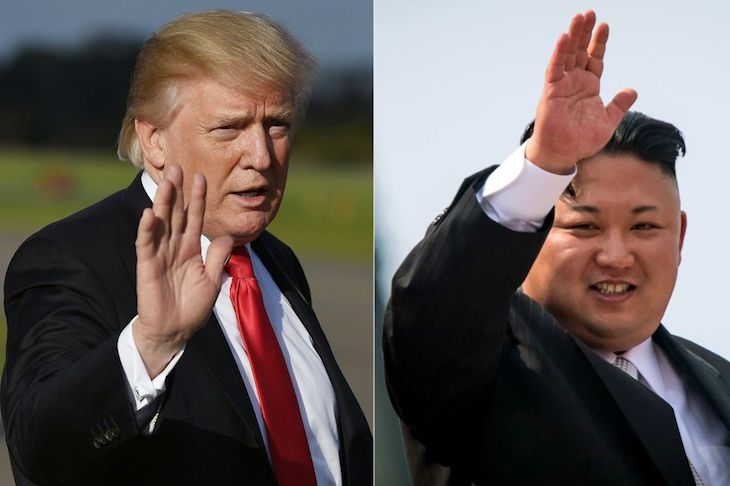President Trump’s acceptance of talks about denuclearisation must have been as big a shock to Kim Jong-un as his offer was to the USA. So Kim is probably scrambling, too. And if there is a positive outcome, he will live to regret it.
In the 2nd century bc the two big Mediterranean players were Rome and the vast Hellenistic ‘empire’ to the east, left behind by Alexander the Great and ruled by assorted ‘kings’ descended from his generals. The Hellenistic king Antiochus IV had ambitions to extend his power west into Greece and Egypt. Knocked back by Rome, in 168 bc he took advantage of disunity in Judaea to establish a power base there, and attacked Jerusalem.
The revolt against him was raised by Mattathias, and when he died in 166 bc was carried forward by his son, the great Jewish hero Judah Maccabee. By 164 bc Judah had retaken and reconsecrated the temple. But the area was still under Hellenistic control, and in 161 bc Judah decided to seek an alliance with Rome. The terms were: ‘May things go well forever for the Romans and for the Jewish nation on land and sea! May they never have enemies, and may they never go to war! If war is declared first against Rome or any of her allies anywhere, the Jewish nation will come to her aid with wholehearted support, as the situation may require. And to those at war with her, the Jews shall not give or supply food, arms, money, or ships, as was agreed in Rome. The Jews must carry out their obligations without receiving anything in return.’
It then repeated those terms if the Jewish nation was attacked.
It seemed like a good idea at the time, but the long-term consequence was only to draw mighty Rome into Jewish affairs. The result was that Judaea found itself simply a pawn in the game between Rome and the east, and in a hundred years’ time, Pompey would be storming the temple of Jerusalem. So if Kim does reach, and keep, an agreement with Trump, he will simply be speeding up the moment when he becomes the prawn cocktail in the main feast, carved up between America and China.





Comments